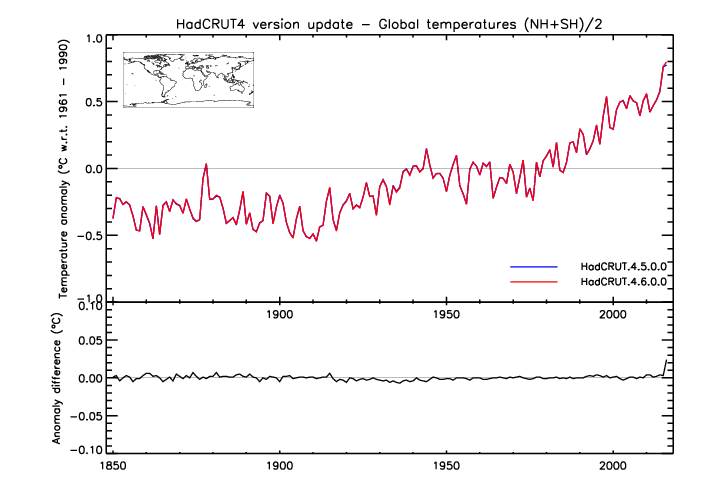<blockquote>Mainly, it amounted to Keys’s own “Seven Countries Study”, which purported to show a link between the consumption of saturated fats and heart disease among 13,000 men surveyed in the US, Japan and Europe. Critics have pointed out that this study violated several basic scientific norms. For one, Keys did not choose his countries randomly but instead selected only those likely to prove his beliefs – including Yugoslavia, Finland and Italy – while excluding countries with low rates of heart disease despite diets with a lot of fat – such as France, Switzerland, Sweden and West Germany.</blockquote>
(See the linked article)









